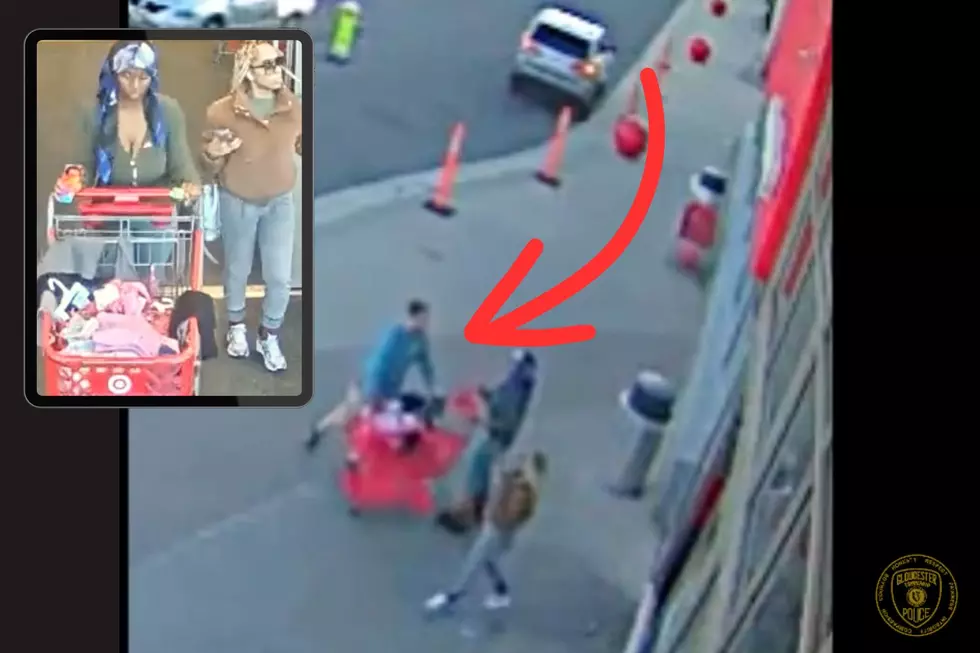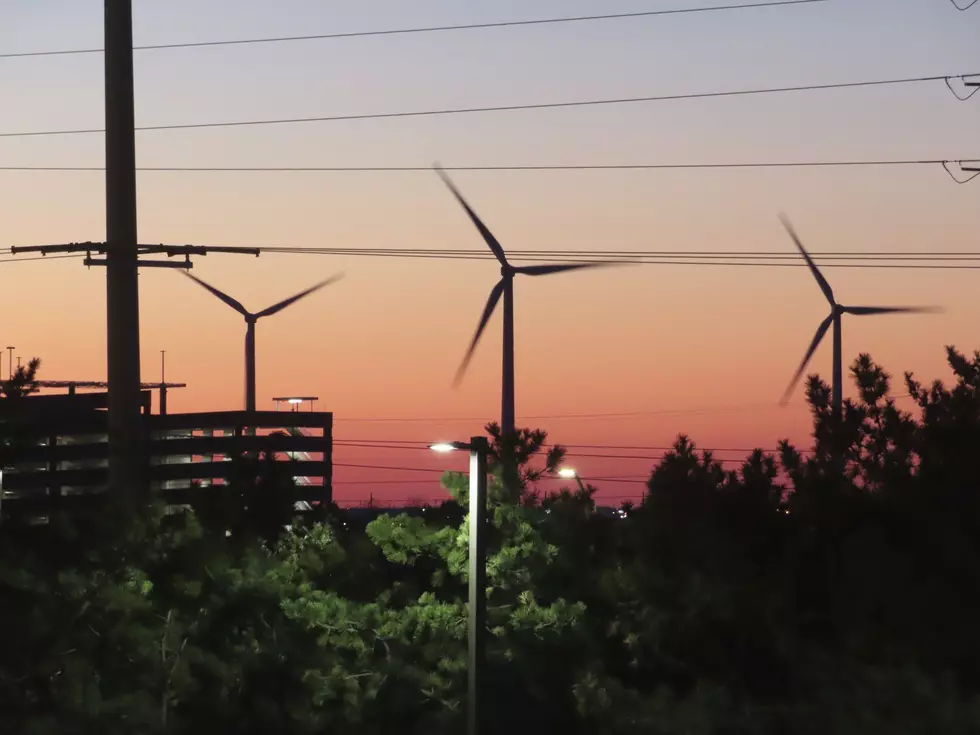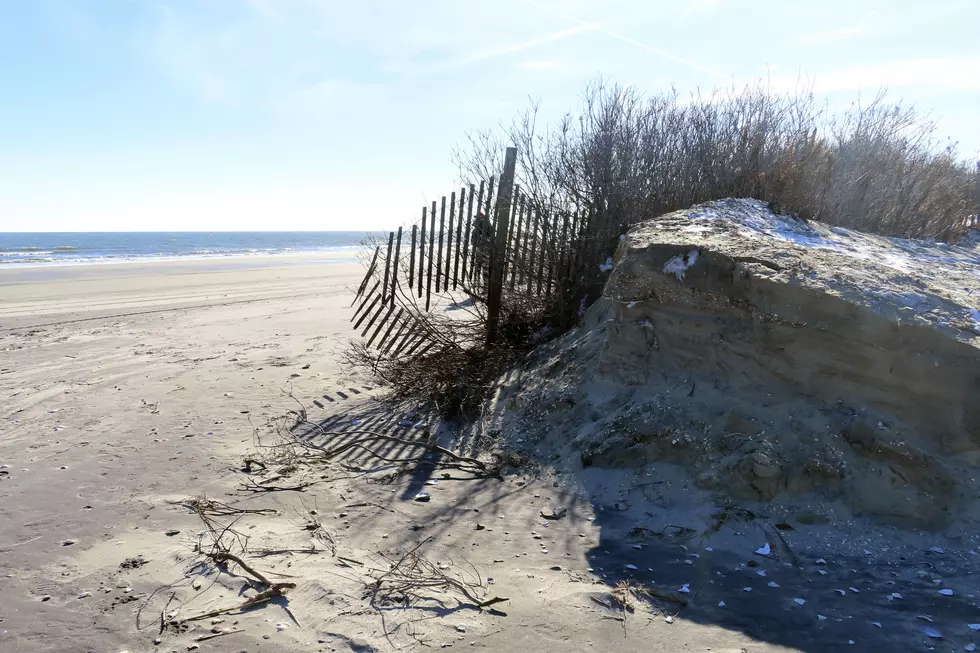
In Buenos Aires, Obama hopes to rebuild trust
President Barack Obama on Wednesday acknowledged that U.S. relations with Latin America's dictatorships in the 1970s damaged its image in the region, but said he hoped the release of long-classified documents about Argentina's "dirty war" would rebuild trust.
Obama made the comments on the eve of the 40th anniversary of a military coup that would lead to one of the most brutal regimes in Latin American history. Ahead of his visit, last week the Obama administration announced it would declassify thousands of CIA, FBI and other internal documents that could shed much light on one of the South American nation's most painful chapters.
"I don't want to go through the list of every activity of the United States in Latin America," began Obama, answering a question about his presence during the anniversary. Obama then noted that fighting communism was a focus of America's foreign policy in the 1970s.
"One of the great things about America, and I said this in Cuba, was that we engage in a lot of self-criticism," said Obama, standing next to Argentine President Mauricio Macri.
Obama arrived to Argentina early Wednesday after an historic visit in Cuba. The two-day visit comes as Macri has gone to great lengths to repair relations after years of antagonism by the previous administrations.
Obama has made no secret of his preference for Macri over his left-leaning predecessor, Cristina Fernandez, whose meandering missives were a source of frequent frustration and eye-rolling in the White House.
So Obama was all too glad to see her replaced in December by Macri, who has affably accepted U.S. help with his mission to modernize Argentina's struggling economy.
Obama planned to hear from young Argentinians later at a town hall meeting in what's become a hallmark of his trips abroad. Joined by first lady Michelle Obama, the president was to be feted by Macri at a state dinner in the evening, marking the first such visit by a U.S. president in nearly two decades.
Despite efforts to keep the focus on the future, Obama's visit has been clouded by a renewed look at Argentina's past and questions about America's role in the Argentina's 1976 military coup and the dictatorship that followed.
"On this anniversary and beyond, we are absolutely determined to do our part as Argentina continues to heal and move forward as one nation," said Obama.
In another gesture directed toward the victims of Argentina's "Dirty War," Obama planned to visit Remembrance Park in Buenos Aires on Thursday. Argentina's government estimates some 13,000 people were killed or disappeared under force during the crackdown on leftist dissidents, though activists say the number is as high as 30,000.
Obama's visit to Argentina, like his visit this week to Cuba, aims to bolster his efforts to keep the U.S. focused on economically important regions like Latin America and Asia, even while dealing with pressing security concerns in the Middle East and elsewhere. Overshadowing his trip were terror attacks Tuesday in Brussels that killed scores and triggered fresh panic in Europe about the spread of violent extremism.
Those distractions notwithstanding, Obama is hoping his final year as president will be one of critical progress for the U.S. and Latin America.
Even as Obama continues struggling with refugees fleeing insecurity and instability in Central America, his administration is working toward a historic truce between Colombia and the Revolutionary Armed Forces of Colombia, or FARC. The U.S. was heartened by the opposition's success in Venezuela's recent legislative elections.
No nation has become a more potent symbol of Obama's efforts to turn a page in Latin American than Cuba. The president flew to Argentina from Havana, where he made history as the first U.S. chief executive to visit in nearly 90 years, in a significant boost for his efforts to normalize ties with the longtime U.S. foe.
To show that the U.S. and Argentina are on a better path, Obama and Macri planned to announce new joint efforts on climate change, energy, and fighting drugs and crime, the White House said.
The last U.S. president to set foot in Argentina was George W. Bush, who attended a regional summit here in 2005 but didn't conduct a formal state visit. Bill Clinton came to meet with his Argentinian counterpart in 1997.
Before returning to Washington, Obama planned to join his wife and two daughters for a leisurely daytrip to Bariloche, a picturesque city in southern Argentina.
(Copyright 2016 The Associated Press. All rights reserved. This material may not be published, broadcast, rewritten or redistributed)
More From New Jersey 101.5 FM









